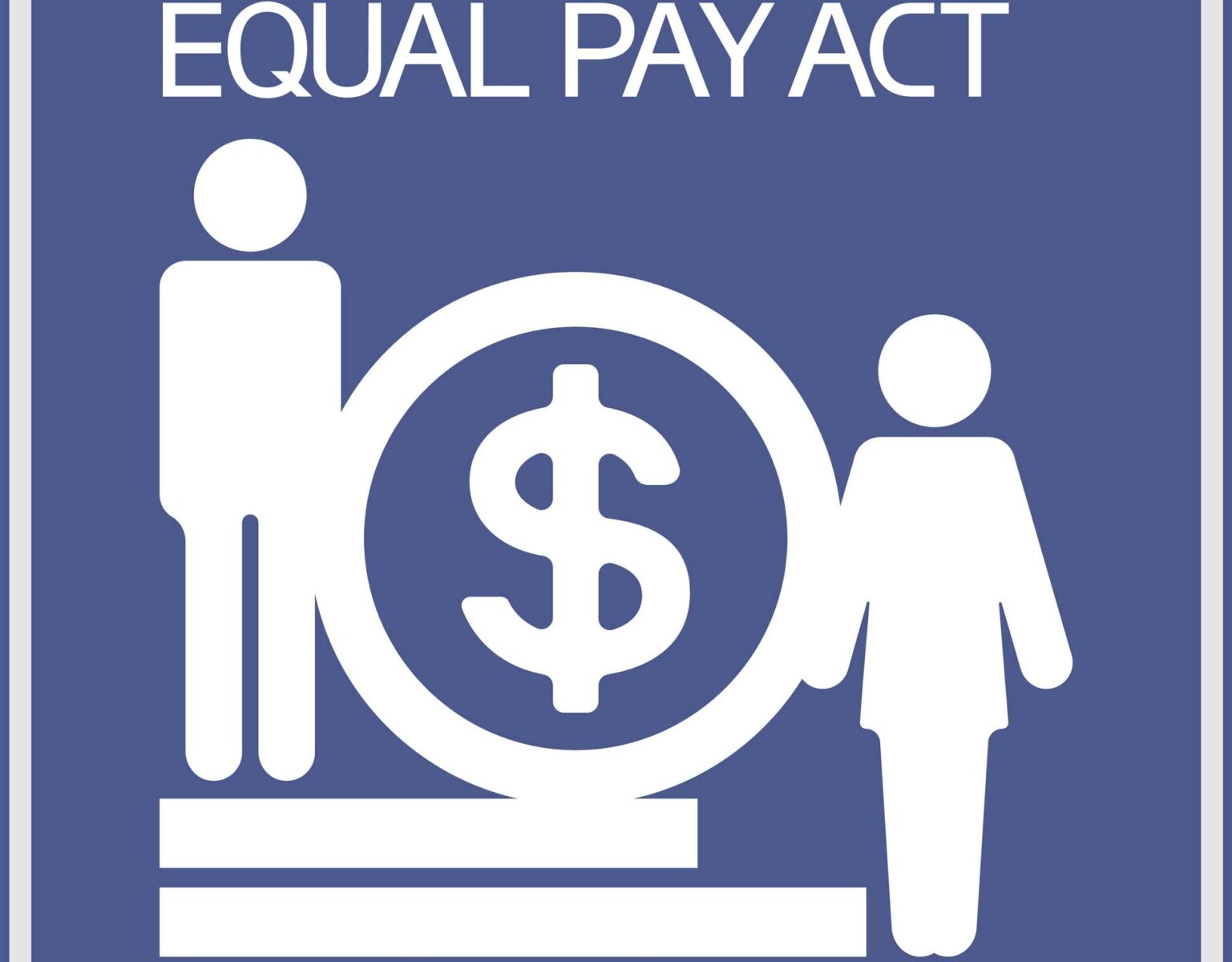Effective January 1, 2018, California’s Equal Pay Act prohibited employers, with one exception, from seeking applicants’ salary history information and required employers to supply pay scales upon the request of an applicant.
SB 1162 expands upon these pay transparency measures and counters workplace discrimination by requiring employers of 15 or more employees to: (i) include the pay scale for a position in any job posting; (ii) provide pay scale information to current employees and to applicants upon reasonable request; and (iii) maintain employee records, including job titles and wage rate histories, through the term of each employee’s employment and for 3 years after their employment has ended.
SB 1162 also expands covered employers’ pay data reporting obligations. Since 2021, California law has required private employers who have 100 or more employees and who must file a federal EEO-1 to file an annual pay data report with the California Civil Rights Department (formerly the California Department of Fair Employment and Housing) on or before March 31 of each year. SB 1162 broadens these obligations in several significant ways.
First, the bill expands who must file a pay data report so that all private employers with 100 or more employees will be required to file a pay data report regardless of whether they also must file a federal EEO-1, and private employers with 100 or more employees hired through labor contractors will be required to submit a separate pay data report regarding these contracted workers.
Second, in addition to demographic and pay band information, employers’ pay data reports will also need to identify, within each job category, the median and mean pay rate for each combination of race, ethnicity, and sex.


